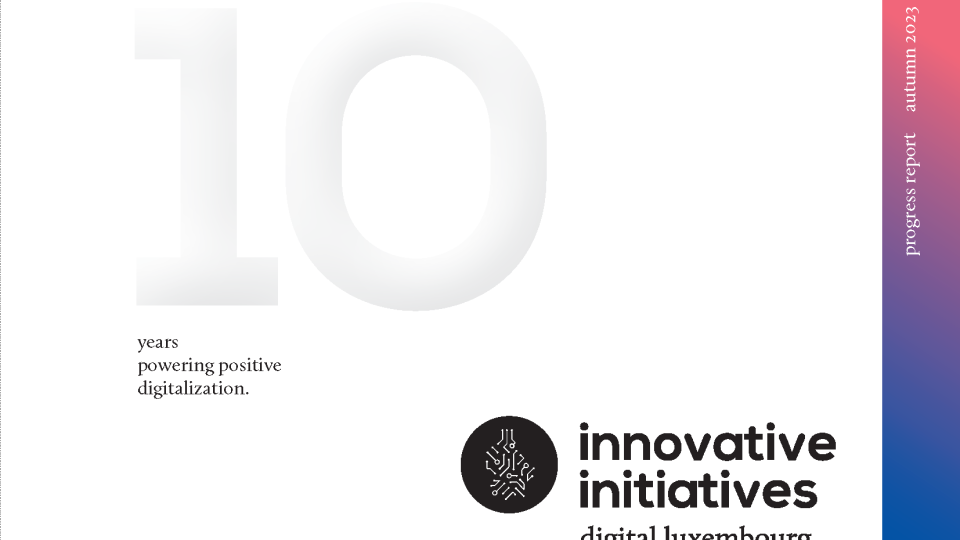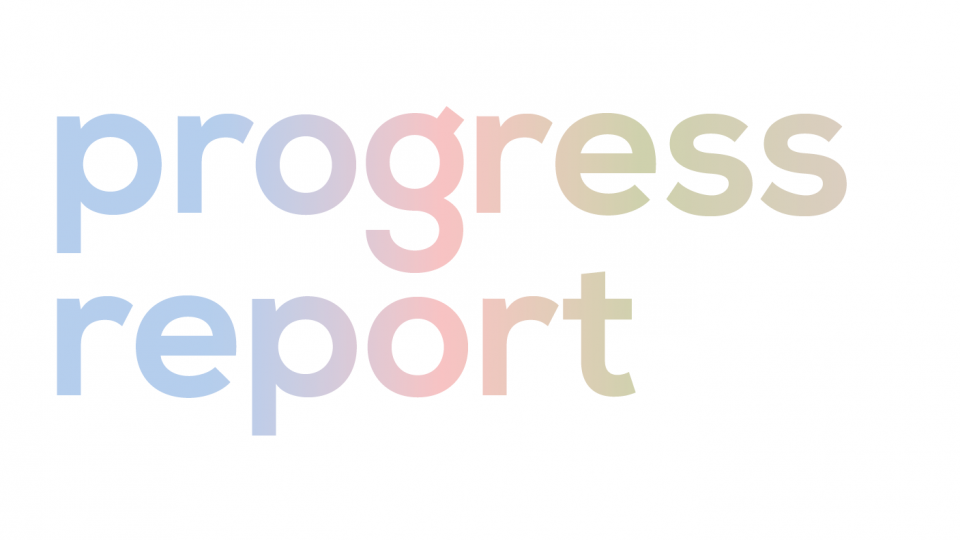At the end of last year, 20,000 randomly selected residents of Luxembourg received a letter from the Prime Minister inviting them to participate in an AI Public Consultation. Part of a wider strategic vision, this 20-page questionnaire gathered diverse opinions that will guide the nation’s future AI policy.
“We wanted to get an idea of the attitudes and views of citizens on AI — not only when it comes to AI for the public sector but where do they want to see more AI?” explained Max Gindt, AI Lead, Department for Media, Communications & Digital Policy.
Developed by the Luxembourg Institute of Socio-Economic Research (LISER), the wide-ranging and representative survey achieved a 12% response rate, collecting feedback from all age groups above 16 years old. It is clear from the approximately 2,400 responses that neither the opportunities nor the risks of AI are lost on the citizens of Luxembourg.
Top AI Consultation Results
- Yes to a data ethics committee
Over 80% of the public thinks that the state needs a data ethics committee.
- Public sector receives vote of confidence
When asked which sector they trusted most with data and AI, the public sector won, with 77% of respondents voicing a high or very high level of trust.
- AI has a place in everyday life
70% of respondents believe that AI can help them with tasks in their daily lives.
- Citizens embrace digital tools to interact with government
73% of people use digital tools for public sector tasks (online payments, MyGuichet.lu, etc.). Coming in second was mobility (Google Maps, Waze, etc.).
- Respondents support living labs
More than 70% of respondents are in favor of full-scale, AI-based trials, such as Luxembourg’s digital twin project. As a virtual model of the country’s physical systems and assets, it can simulate situations to test and predict outcomes, for example within a neighborhood’s energy and mobility systems.
Read the full report here.
So, what’s next? Eighty percent of respondents want more information on the topic. The government will soon kick off informational campaigns dedicated to AI, algorithms and the business models behind companies with AI-based services.
Within the coming months, the government will also launch an internal data ethics committee tasked with delivering opinions to leadership on topics of data governance, data collection and the use of complex IT systems.
“We want to get the right expertise and a diverse group of people around the table. We’re not only getting IT experts or lawyers, ” Max Gindt explained. “You need to have a broader range of views when you look at issues that are more than just a legal question. You may be allowed to do something by law, but is it responsible to do so?”
As consultants to the government, this group is the first step in realizing an ethics-by-design approach.
Stay tuned for news on Luxembourg’s data ethics committee.







